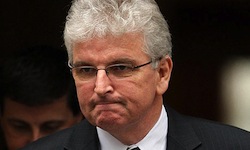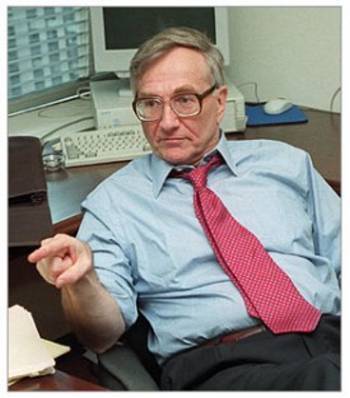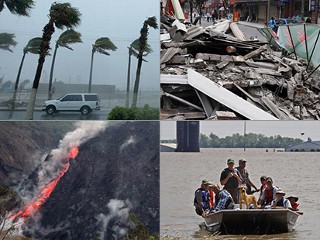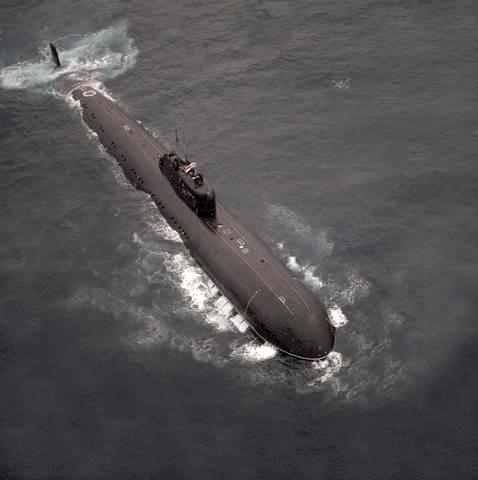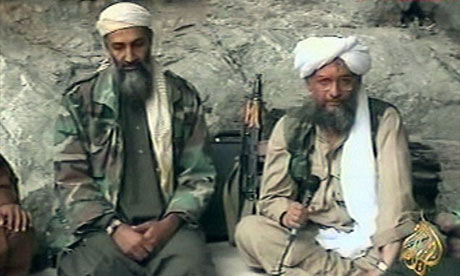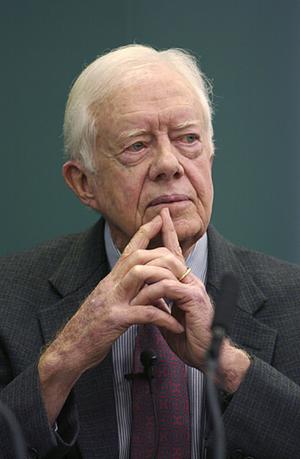
November 23, 2009
In the Sunday November 22, 2009 issue of Outlook in the Washington Post, Lester Brown discusses the significant implications of food security in the upcoming Copenhagen Conference.As the U.N. climate-change conference in Copenhagen approaches, we are in a race between political tipping points and natural ones. Can we cut carbon emissions fast enough to keep the melting of the Greenland ice sheet from becoming irreversible? Can we close coal-fired power plants in time to save at least the larger glaciers in the Himalayas and on the Tibetan plateau? Can we head off ever more intense crop-withering heat waves before they create chaos in world grain markets?
These are all climate-change issues, but they have something else in common: food. Copenhagen will be about climate, of course, but in a fundamental sense, it must also be about whether we will have enough to eat in the decades to come.
We need not go beyond ice melting to see that the world is in trouble on the food front. As the Greenland and West Antarctic ice sheets continue to shrink, sea levels will rise, threatening rice harvests around the globe. Recent projections show that the sea could rise up to six feet this century (if the Greenland ice sheet were to melt entirely, it would rise by 23 feet). According to the World Bank, it would take only a three-foot rise in sea level to cover half the rice fields in Bangladesh, a country of nearly 160 million people. Such an increase would also inundate much of the Mekong Delta, which produces half the rice crop in Vietnam, the world’s No. 2 rice exporter. And it would submerge parts of the 20 or so other rice-growing river deltas in Asia.
Melting mountain glaciers are even more worrisome. The World Glacier Monitoring Service in Switzerland recently reported the 18th consecutive year of shrinking mountain glaciers around the world, from the Andes to the Rockies, from the Alps to the mountain ranges of Asia. Of these, the disappearance of glaciers in the Himalayas and on the Tibetan plateau threatens to shrink food supplies most sharply. Their annual ice melt sustains the major rivers of India and China—the Indus, Ganges, Yangtze and Yellow—during the dry season. And this water in turn supplies irrigation systems.
More >>>











